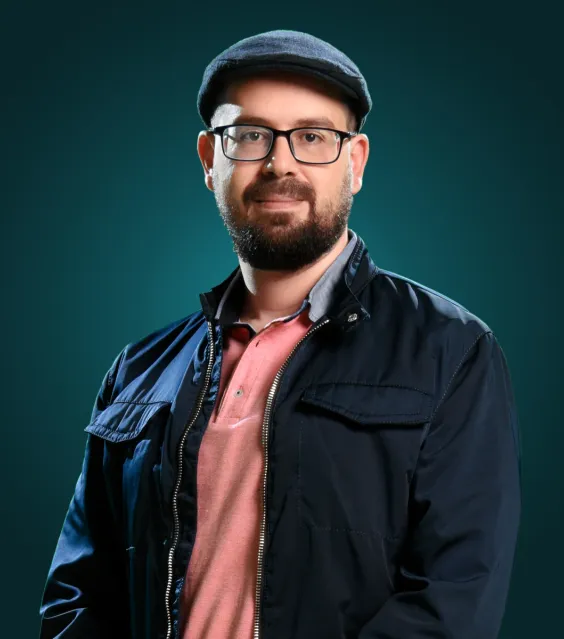Alumni
Back to alumni
Mohamed Kharrat

About
Ask Dr. Mohamed about the potential of Arab youth and he will happily sing their praises. As Head of Distance Education Department at the University of Kairouan, Tunisia, he is trying to inspire his students to pursue entrepreneurial experiences by targeting social issues. Deeply invested in the cause, Mohamed believes more can be done for the region’s youth; encouraging politicians to invest in their country instead of importing international solutions.
The mentality that there is always more work to be done has been a driving force in Mohamed’s life. Despite receiving recognition in many aspects of his academic career, he insists that he will not be satisfied until he reaches his goal of developing innovative technologies with humanitarian purposes – and who knows, maybe not even then.
Unphased by the concept of money, Mohamed sincerely cares about finding different ways to help others and to generally improve lives. He is infamously uncomfortable with the notion that he is competing on Stars of Science for the grand prize. Instead, he wants to learn from the experience as a whole, develop a good project, and surround himself with the region’s smartest people.
About the Project
Drowning is the third leading cause of accidental death, coming in just after car accidents, but this deadly hazard receives little-to-no substantial research or attention. More specifically, Mohamed insists that there isn’t an existing technical solution available to tackle this issue.
The Smart Swimming Shorts is a piece of wearable technology that detects when someone is drowning. It aims to accurately measure a swimmer’s body posture and head position to identify for any signs of sinking, automatically inflating a life-saving buoy to keep the potential victim afloat.
It was during Mohamed’s Ph.D. research project at the University of Tokyo, Japan, that he came up with the innovation and focused on this problem. He was able to build a preliminary prototypeand after obtaining his Ph.D., he traveled back to Tunisia to work on developing a commercial edition of the system– eventually leading him to Stars of Science Season 11.
Impact
Aside from its obvious humanitarian benefits – and the hundreds of lives it will save – Mohamed believes his project will support the Tunisian economy. In the future, he wishes his caring and can-do attitude will transpire into helping those around him and being part of a movement to strengthen a new entrepreneurial environment in his home country; particularly to help start-ups established by and for the Arab youth.
